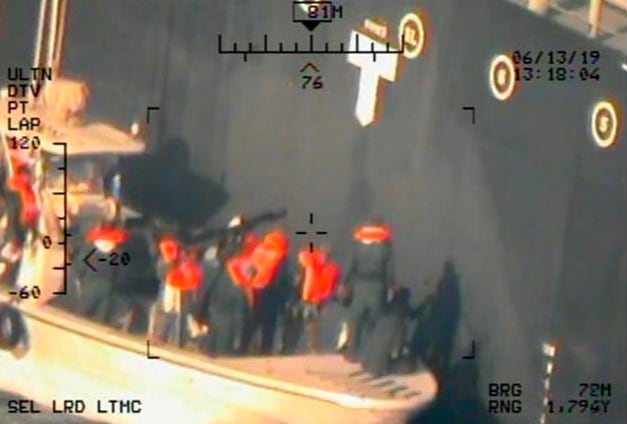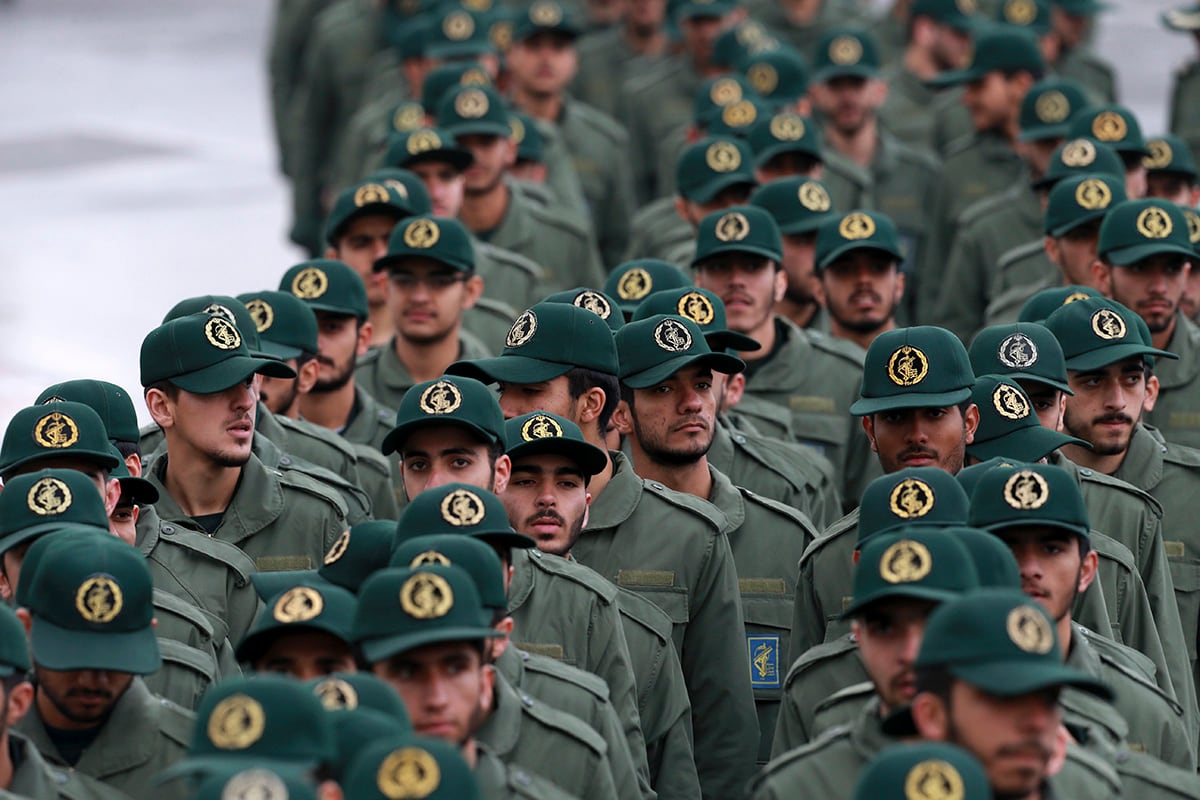WASHINGTON — President Donald Trump’s Iran policy is ultimately aimed at bringing Tehran to the negotiating table, the U.S. special envoy for Iran testified Wednesday as lawmakers demanded clarity about the administration’s strategy in the Middle East.
Both Trump and Iran said they are not seeking war, but many lawmakers fear that as the U.S. builds up its forces in the region, it increases the chances of the two sides being accidentally drawn into a conflict.
"No one should be uncertain about our desire for peace or our readiness to normalize relations should we reach a comprehensive deal," Brian Hook told the House Committee on Foreign Affairs. "We have put the possibility of a much brighter future on the table for the Iranian people."
Hook added, "our pressure campaign is working."
RELATED

The Trump administration withdrew from the nuclear deal negotiated with Iran under President Barack Obama and began imposing layers of punishing sanctions on Tehran that have strangled its economy. The U.S. blames Iran for a number of attacks against U.S. or Western interests in the Middle East over the past few months, including on tankers near the Persian Gulf and a rocket attack near the U.S. Embassy in Baghdad. Iran denies responsibility for the attacks.
Lawmakers, Democrats in particular, question whether the administration's so-called maximum pressure campaign is really a recipe for war.
"Rather than force Iran back to the negotiating table, the administration's policy is increasing the chances of miscalculation, which then would bring the United States and Iran closer to a military conflict," said Democratic Rep. Ted Deutch of Florida, who chairs the House panel.
RELATED

Hook told lawmakers that Iran has chosen to use military force despite Trump's Iran policy largely relying on diplomatic and economic tools like sanctions.
"Our policy is at its core an economic and diplomatic one. Recently, however, Iran has responded to it with violence. Iran should meet diplomacy with diplomacy, not with terror, bloodshed and extortion" he said.
On Monday, Iran said it could soon start enriching uranium to just a step away from weapons-grade levels, breaching a cap that was set under the nuclear deal abandoned by the United States. The announcement followed warnings from President Hassan Rouhani that a new deal needs to be in place by July 7 or the Islamic Republic would increase its enrichment of uranium.



